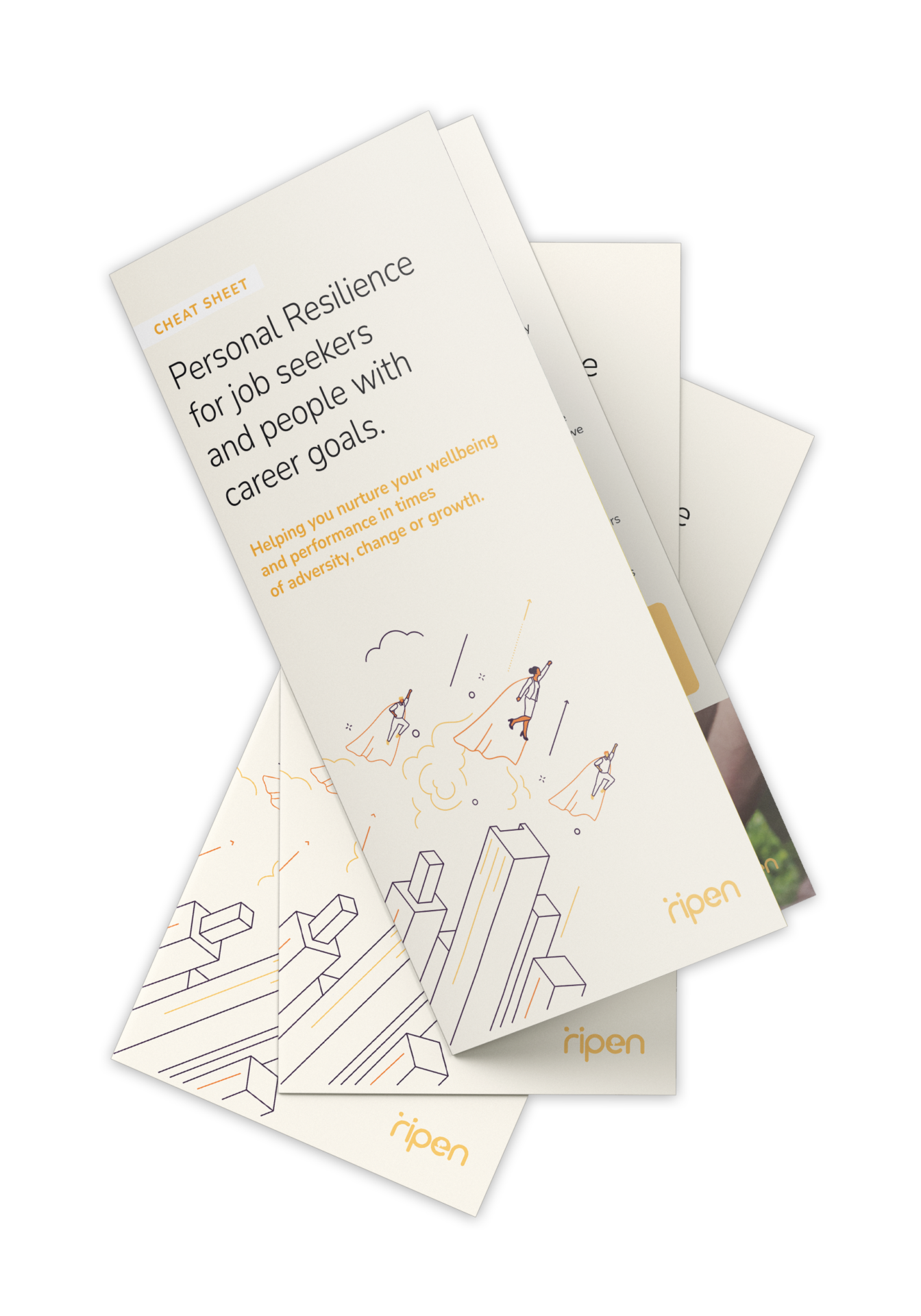Pre-Covid the business environment across all industries and economies was already facing significant Volatility, Uncertainty, Complexity and Ambiguity (VUCA). Largely caused by rapid organisational change in the fight to leverage the speed of technological innovation, the increasing demands of workloads and stakeholders, and the need to constantly improve the way we do business with customers! Then the Pandemic hit and VUCA has become even more prevalent…
Volatility: Changes due to COVID-19 have been taking place every day, are unpredictable, dramatic and rapid.
Uncertainty: No one can predict with confidence when the pandemic will “end” or when we will have a complete vaccination plan.
Complexity: The pandemic is affecting all aspects of life — including health care, business, the economy and social life — in complex ways.
Ambiguity: There is no “best practice” that individuals and organizations can follow to manage the challenges caused by the pandemic.
…VUCA squared has put workforce ‘wellbeing’ front and centre for organisations and leaders!

